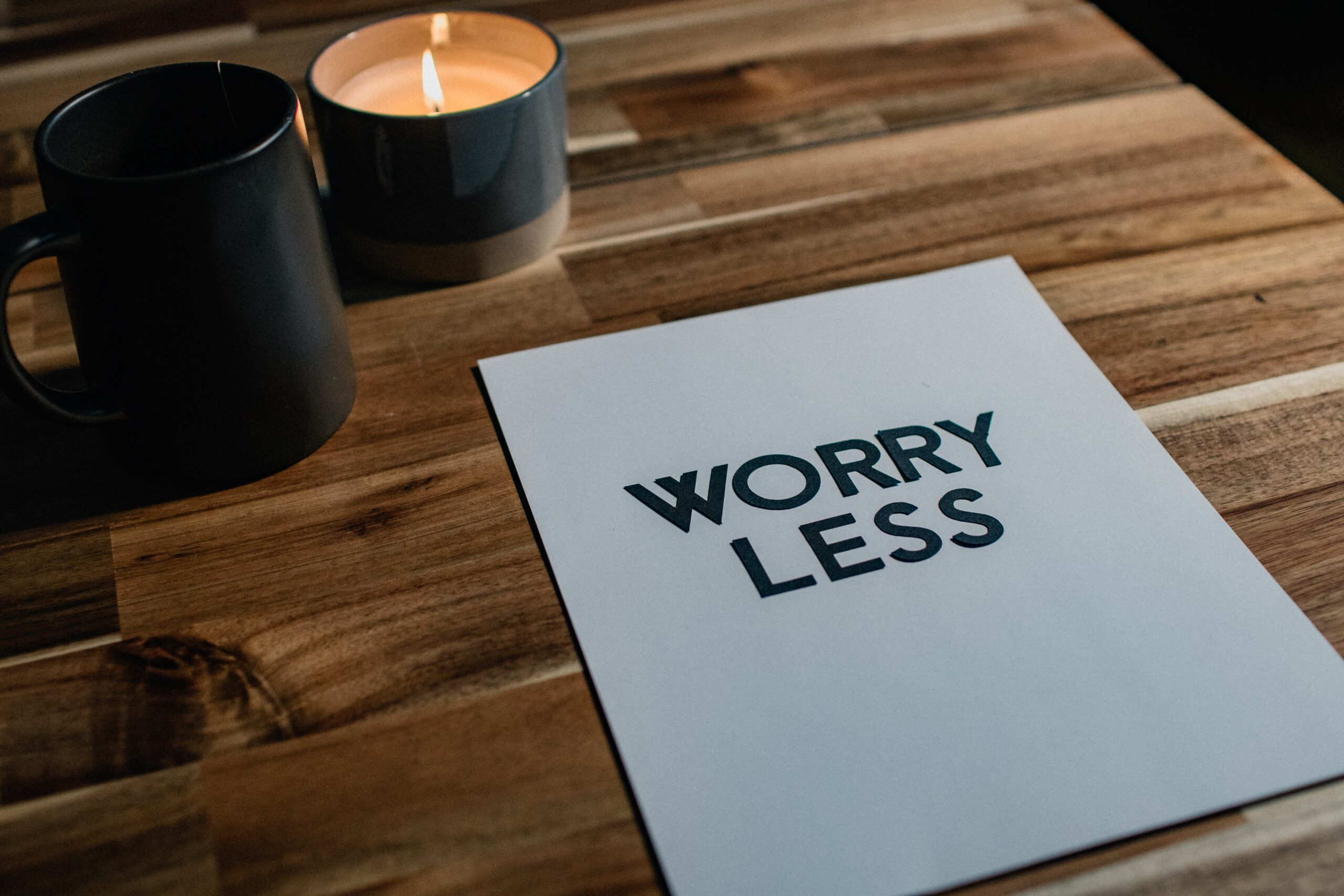A panic attack is the experience of a sudden episode of intense fear accompanied by severe physical reactions.
Although panic attacks aren’t life-threatening, they can be frightening and significantly affect your quality of life but they are not harmful and we need to demystify the myths surrounding them to better understand and manage their impact.
SENSITIVE MENTAL HEALTH TOPIC
This article includes topics that may be distressing to some readers. In covering panic attacks and panic disorder, we also touch on anxiety, physical symptoms and negative feelings.
Please proceed with care. Remember: your well-being comes first.
During a panic attack, you get intense mental and physical symptoms. It can come on very quickly and for no apparent reason.
A panic attack can last from 5 minutes to 20 minutes. However, the physical and emotional effects of the attack may last for a few hours.
Common symptoms of panic attacks include:
Shortness of breath
During a panic attack, you might feel like you can’t get enough air or you’re struggling to breathe. This is a common reaction to intense stress.
Heart Palpitations
Your heart might beat rapidly or feel like it’s pounding, which is a typical response of your body’s ‘fight or flight’ system activating.
Chest Pain
You might experience a sharp or pressing pain in your chest, which can be alarming but is often a physical symptom of anxiety.
Trembling
You might notice your hands or body start to shake or tremble uncontrollably, which is a physical response to extreme anxiety or fear.
Sweating
Excessive sweating can occur even if you’re not hot or exerting yourself. It’s your body’s way of reacting to perceived danger.
Racing Thoughts
Your mind may race with thoughts, often worrying or frightening, that you can’t easily control or slow down during a panic attack.
Nausea
Feeling queasy or like you might throw up is a common physical symptom when your body is under acute stress.
Feeling Detached from Your Own Body
You may feel disconnected or like you’re an observer of your own actions, which can be a disorienting experience during intense anxiety.
Understanding and Overcoming
While the symptoms of a panic attack can be intense and unsettling, it’s crucial to remember that they are temporary and not harmful to your physical health.
Panic attacks, though deeply uncomfortable, are a response to stress and not a sign of a more serious medical condition. It’s important to recognize that these feelings and sensations will pass and that there are effective strategies and treatments available to help manage and reduce the frequency of panic attacks.
Remember, you are not alone in this experience, and seeking support from healthcare professionals, as well as learning calming techniques, can greatly improve your quality of life. Always keep in mind that with the right approach and understanding, it’s possible to navigate through these challenging moments and regain a sense of control and peace.

Remember:
Panic attacks, while intense, are not physically harmful and knowing this can ease your worry.





